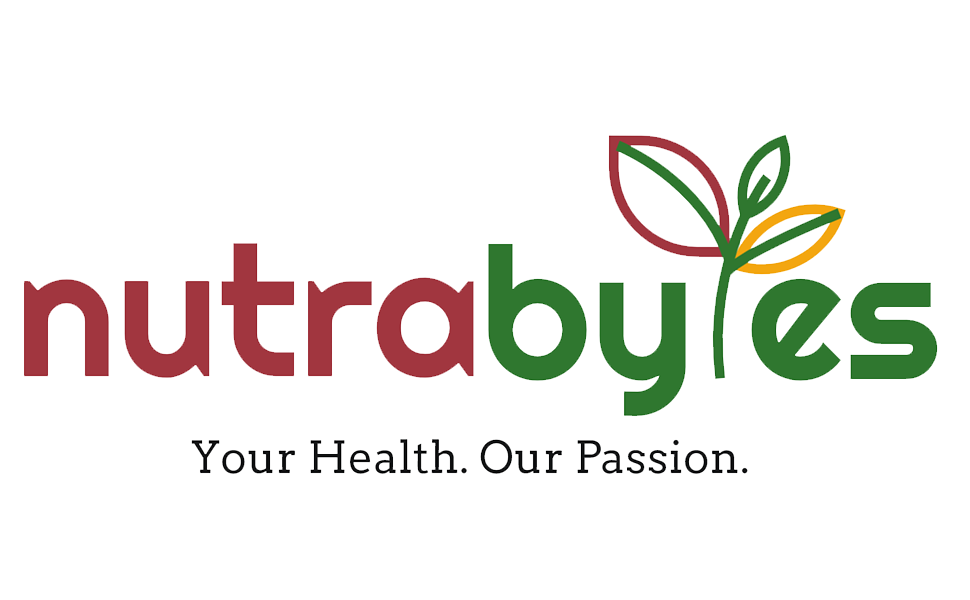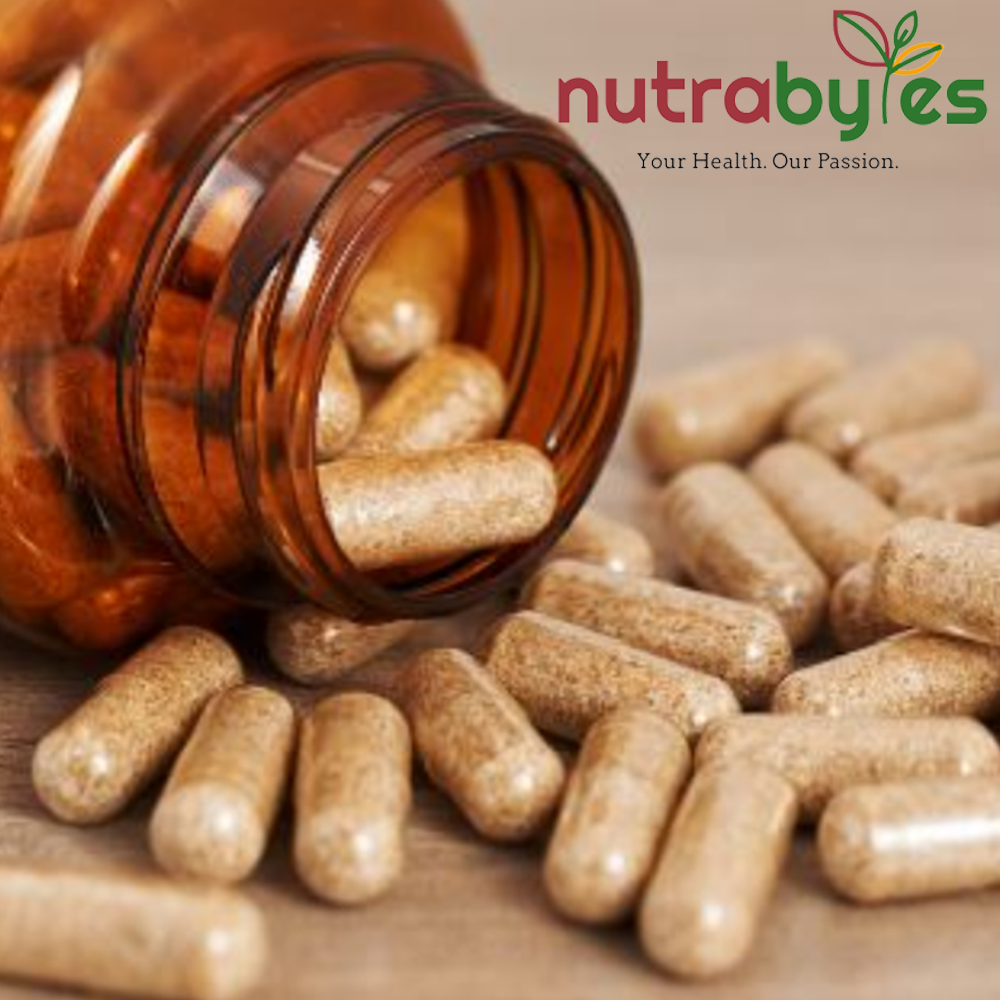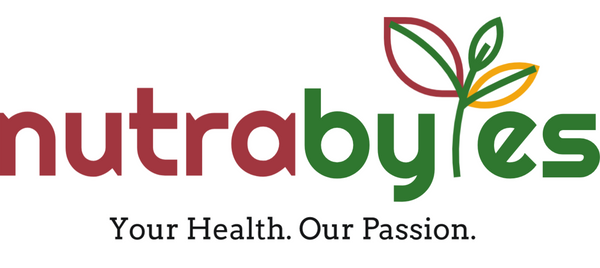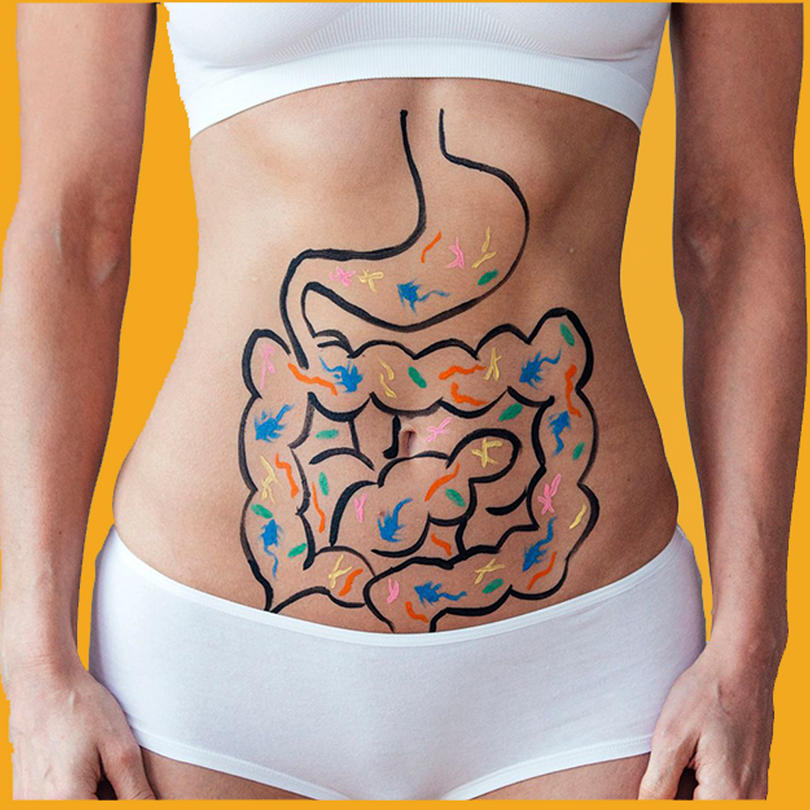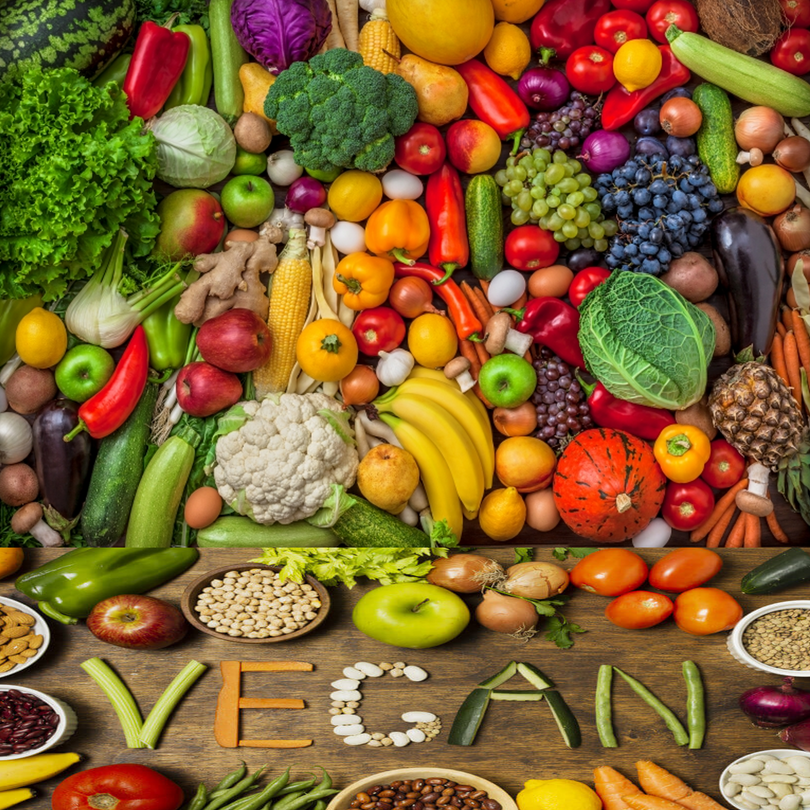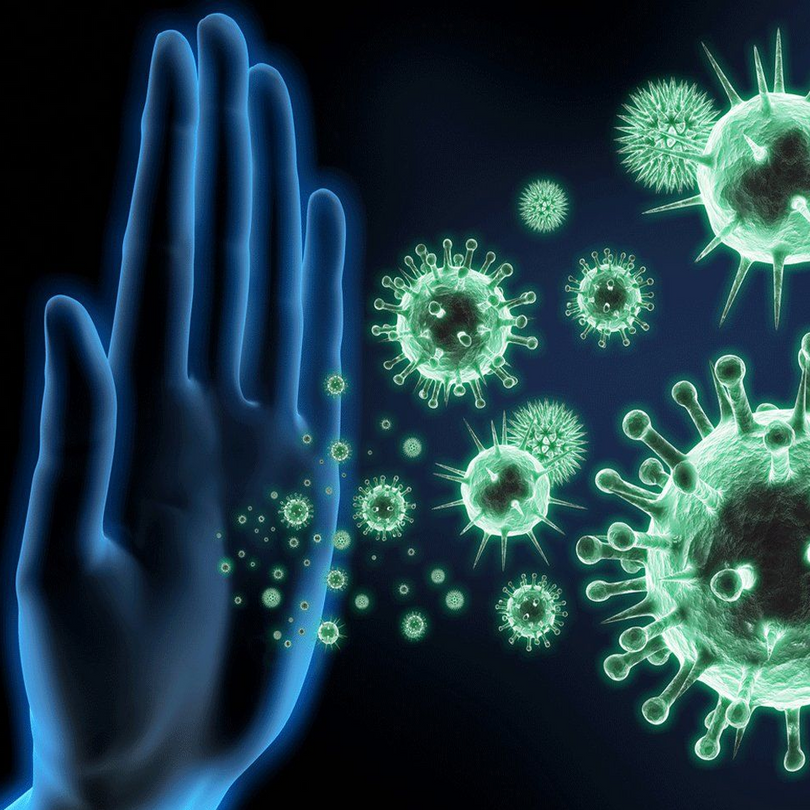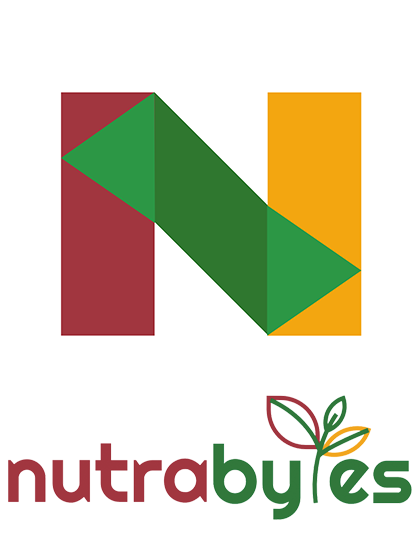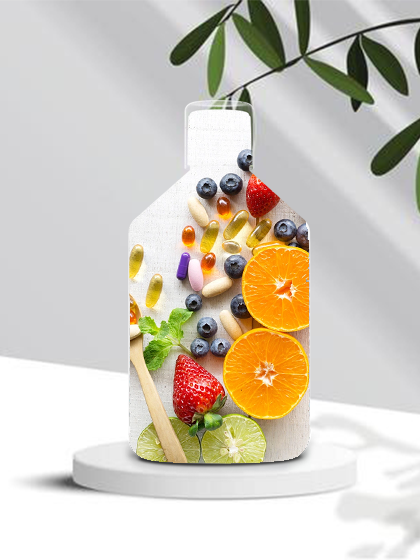Is it enough to just take collagen supplements? Or is there something more that you can do to ramp up the natural process of collagen production in your body?
Turns out you can boost collagen synthesis on a nutritional level. It all boils down to choosing the right collagen supplements, taking a few key additional minerals and vitamins, and incorporating certain good habits in your day-to-day life while saying goodbye to some bad ones.
Get acquainted with what goes on behind the scenes of collagen synthesis in your body and find out which are a few of the other nutrients you should be taking to increase natural collagen production.
Where Are Collagen Fibres Found In The Body?
25% of the total protein content in the human body is made up of some form of collagen.
Collagen fibres are found in the skin, bones, tendons, ligaments, cartilage, blood vessels, and the extracellular matrix.
|
Part of the Body |
Collagen Type Found There |
|
Bone, ligament, tendon, meniscus, disc-annulus, cartilage and skin |
Type 1 |
|
Disc - Pulposus and Cartilage - Articular |
Type 2 |
|
Skin and Blood Vessels |
Type 3 |
Learn More: Why Has Type 1 Collagen Become a Wellness Essential?
The Process Of Collagen Synthesis
Collagen is synthesised by the fibroblast cells present in the skin and tendons. Osteoblast cells of the bones produce collagen, as do chondrocyte cells in cartilage. Smooth muscle cells and other connective tissue cells also produce collagen.
Collagen synthesis takes place in the body by the following two processes:
Step 1: Amino Acid Sequence
The amino acid sequence that forms a triple helical collagen fibre is of 2 types.
-
Glycine-X-Hydroxyproline
-
Glycine-Proline-X
Glycine is the most abundant amino acid in collagen and makes up around a third of all the collagen in the body. Proline and Hydroxyproline make up around 23% of collagen’s amino acid content.
Step 2: Formation of collagen fibres
The Glycine-X-Hydroxyproline and the Glycine-Proline-X amino acid sequence form alpha chains, which go on to form procollagen. Procollagen then goes on to form tropocollagen. Tropocollagen forms collagen fibrils, which join together to form collagen fibres.
For all these processes to take place smoothly, several minerals and vitamins, which act as cofactors, are required. Vitamin C, iron, and oxygen are three cofactors needed for the conversion of proline to hydroxyproline.
Proline’s availability is also considered critical for the formation of collagen. You can get your proline fix from our range of hydrolysed collagen supplements. Check out our Liquid Marine Collagen Supplement with Vitamin C that provides the raw materials like collagen peptides and vitamin C needed for collagen production.
Learn More About Vitamin C’s Role in Collagen Production: Deconstructing Vitamin C’s Role In Collagen Production
Copper is also another critical cofactor needed for collagen synthesis. It is a cofactor for the enzyme lysyl oxidase, which is needed for the cross-linking of collagen fibres, which gives collagen its strength and stability. Without strong cross-links, collagen would be weak and easily broken down. Our High-Strength Liquid Bovine Collagen Supplement contains both copper and vitamin C, nutrients needed to support collagen synthesis.
Zinc is required for the activity of collagenase, an enzyme which helps remodel collagen during tissue repair. It’s also required as a cofactor for prolidase, which recycles proline, an amino acid essential for collagen. Zinc helps support protein synthesis, including the synthesis of collagen proteins.
How To Boost Collagen Production?
Apart from taking collagen supplements to provide your body with the right amount of raw peptide material it needs for collagen production, there are other things you can do, like:
-
Eat a balanced diet that includes Vitamin C, antioxidants, lean proteins and green leafy vegetables.
-
Limit your sugar and alcohol intake.
-
Protect your skin against harmful UV rays with sunscreen.
-
Quit smoking.
-
Regulate stress levels.
-
Eat collagen-boosting foods like bone broth from beef or chicken bones, berries rich in antioxidants and citrus fruits.
-
Choose premium-quality collagen supplements made from either Hydrolysed Marine Collagen or Hydrolysed Bovine Collagen to help provide the raw materials to boost collagen production.
Discover More About Hydrolysed Collagen: Breaking Down the Science Behind Hydrolysed Collagen Peptides
Conclusion
Along with your favourite collagen supplements from Nutrabytes, remember to add Vitamin C, zinc, copper and iron to your supplementation routine.
Not only do these minerals and vitamins help with collagen formation but they’re beneficial in their own right.
Protect your skin barrier with sunscreen and build a simple yet effective skin care routine.
Healthy skin, hair, and nails start with the right protein-based nutrition and collagen supplements provide you with just that.
Frequently Asked Questions
-
Should collagen be taken with Vitamin C?
Yes, you can pair your collagen supplements with Vitamin C to boost collagen production. Vitamin C is a cofactor which helps stabilise and strengthen the collagen structure. Without it, your body can't form normal collagen properly.
-
Should collagen be hydrolysed?
Yes, the best chance of your body absorbing collagen is when the collagen supplements are hydrolysed. Large raw collagen molecules are broken down into smaller, easily digestible collagen molecules known as peptides during the process of hydrolysis. Hydrolysed collagen has a smaller molecular weight, making it easily absorbable.
-
Where is collagen produced in the body?
Collagen is produced in the fibroblasts, osteoblast cells of the bone, chondrocyte cells of the cartilage and smooth muscle cells.
Reference Links:
-
Wu M, Cronin K, Crane JS. Biochemistry, Collagen Synthesis. [Updated 2023 Sep 4]. In: StatPearls [Internet]. Treasure Island (FL): StatPearls Publishing; 2025 Jan-. Available from: https://www.ncbi.nlm.nih.gov/books/NBK507709/
-
Albaugh, V. L., Mukherjee, K., & Barbul, A. (2017). Proline Precursors and Collagen Synthesis: Biochemical Challenges of Nutrient Supplementation and Wound Healing. The Journal of nutrition, 147(11), 2011–2017. https://doi.org/10.3945/jn.117.256404
3. Khatri, M., Naughton, R. J., Clifford, T., Harper, L. D., & Corr, L. (2021). The effects of collagen peptide supplementation on body composition, collagen synthesis, and recovery from joint injury and exercise: a systematic review. Amino acids, 53(10), 1493–1506. https://doi.org/10.1007/s00726-021-03072-x
